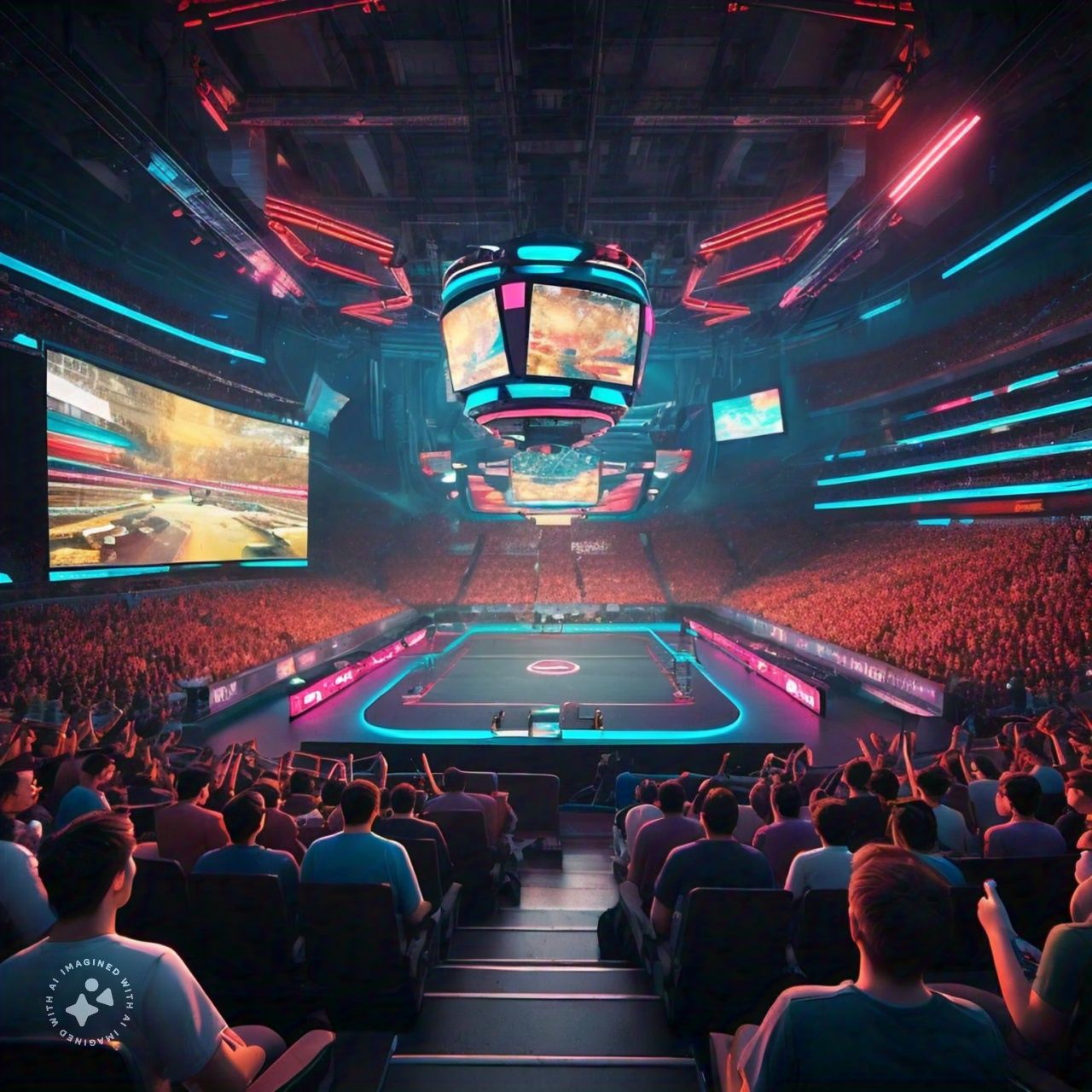Key Strategies for Businesses in the 21st Century
Introduction
In today’s rapidly evolving business landscape, sustainability has involved as a core principle guiding various enterprises. The 21st century brings unique challenges and opportunities necessitating businesses to adopt sustainable practices not just as an ethical imperative but as a strategic advantage. This article delves into the fundamentals of sustainable business practices exploring how companies can leverage them to achieve long-term success.
The Importance of Sustainability in Business
Environmental Responsibility
One of the primary drivers of sustainable business practices is environmental responsibility. As climate change becomes an increasingly pressing issue businesses are recognizing the need to reduce their carbon footprint. Companies are adopting measures such as energy efficiency, waste reduction and the use of renewable resources to minimize their environmental impact.
Economic Benefits
Sustainability is not only about preserving the environment it also makes economic sense. Studies show that sustainable practices can lead to cost savings through more efficient resource use and waste management. Moreover, companies that prioritize sustainability often experience increased brand reputation leading to increased customer loyalty and market share.
Social Impact
Beyond environmental and economic benefits, sustainable business practices also encompass social responsibility. This includes fair labor practices, community engagement, efforts to promote diversity and inclusion within the workplace. By addressing social issues, businesses can build stronger relationships with stakeholders and create a positive societal impact.
Key Sustainable Business Practices
Embracing Renewable Energy
Transitioning to renewable energy sources is a keystone of sustainable business practices. Companies are increasingly investing in solar, wind and other renewable energies to power their operations. This not only reduces greenhouse gas emissions but also offers long-term cost savings as the price of renewable energy continues to decline.
Implementing Circular Economy Principles
The circular economy model focuses on designing out waste and keeping products and materials in use for as long as possible. Businesses embracing this model are rethinking product design opting for materials that can be recycled or repurposed. This approach not only reduces waste but also opens new revenue streams through the sale of refurbished products and recycling services.
Digital Transformation
Digital transformation is important in driving sustainability. Technologies such as artificial intelligence, big data and IoT (Internet of Things) enable businesses to optimize operations, enhance energy efficiency and make better-informed decisions. For instance, smart grids and energy management systems can significantly reduce energy consumption and costs.
Sustainable Supply Chain Management
A sustainable supply chain is integral to achieving overall business sustainability. Companies are scanning their supply chains to ensure they adhere to environmental and social standards. This includes selecting suppliers who practice sustainable sourcing, minimizing transportation emissions and ensuring fair labor practices.
Case Studies in Sustainable Business
Patagonia: A Pioneer in Sustainability
Patagonia, a renowned outdoor apparel company, exemplifies sustainability in business. The company’s mission statement “We’re in business to save our home planet,” reflects its commitment to environmental stewardship. Patagonia’s initiatives include using recycled materials also promoting fair labor practices and donating a portion of profits to environmental causes.
Unilever: Integrating Sustainability into Core Strategy
Unilever has made sustainability a central element of its business strategy. The company’s Sustainable Living Plan aims to decouple growth from environmental impact while increasing positive social impact. Unilever focuses on reducing greenhouse gas emissions, improving water usage and enhancing livelihoods across its value chain.
Tesla: Revolutionizing the Automotive Industry
Tesla has revolutionized the automotive industry with its electric vehicles (EVs) which offer a sustainable alternative to traditional internal combustion engine vehicles. Beyond EVs, Tesla’s ventures into renewable energy solutions such as solar panels and energy storage systems further underscore its commitment to sustainability.
Challenges and Solutions
Overcoming Initial Costs
One of the significant barriers to adopting sustainable practices is the initial cost. However, businesses must view these investments as long-term strategies rather than short-term expenses. Financial incentives such as tax credits and subsidies for renewable energy projects can also mitigate these costs.
Navigating Regulatory Landscape
Compliance with evolving environmental regulations can be challenging. Businesses need to stay informed and agile to adapt to new requirements. Engaging with policymakers and participating in industry team can help shape favorable regulatory frameworks and provide insights into upcoming changes.
Measuring and Reporting Sustainability
Accurate measurement and transparent reporting of sustainability metrics are essential for accountability and continuous improvement. Companies should adopt standardized frameworks like the Global Reporting Initiative (GRI) and the Task Force on Climate-related Financial Disclosures (TCFD) to ensure comprehensive and consistent reporting.
Future Trends in Sustainable Business
Rise of Green Finance
Green finance including green bonds and sustainable investment funds is gaining traction as investors increasingly prioritize environmental, social and governance (ESG) criteria. This trend is encouraging businesses to adopt sustainable practices to attract investment and enhance their financial performance.
Innovation in Sustainable Technologies
Technological advancements are driving new possibilities for sustainability. Innovations such as carbon capture and storage, biodegradable materials and advanced recycling technologies hold promise for reducing environmental impacts and creating new business opportunities21.
Consumer Demand for Sustainability
Consumer demand for sustainable products and practices is on the rise. Businesses that respond to this demand by offering eco-friendly products and transparent information about their sustainability efforts are likely to gain a competitive edge.
Conclusion
Sustainable business practices are no longer optional they are crucial for success in the 21st century. By integrating environmental, economic and social considerations into their operations businesses can drive innovation, reduce costs and build stronger relationships with stakeholders. As sustainability continues to evolve companies that proactively embrace these practices will be well-positioned to thrive in an increasingly conscientious marketplace.

Thomas Johnson, an expert in business, brings extensive expertise and experience to his writing. As a distinguished author, he provides readers with valuable insights and practical strategies, blending his deep industry knowledge with engaging narratives that inform and inspire.























